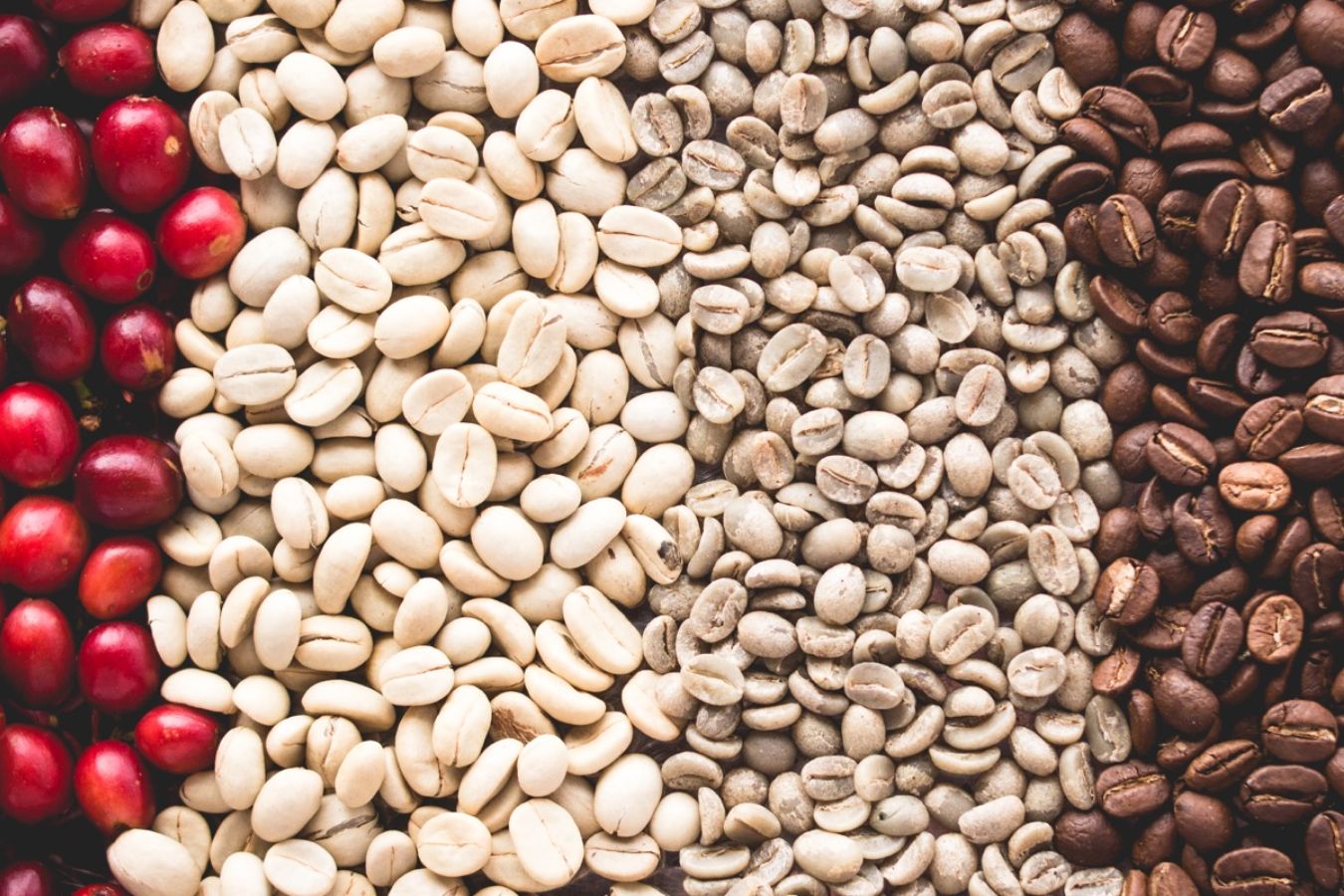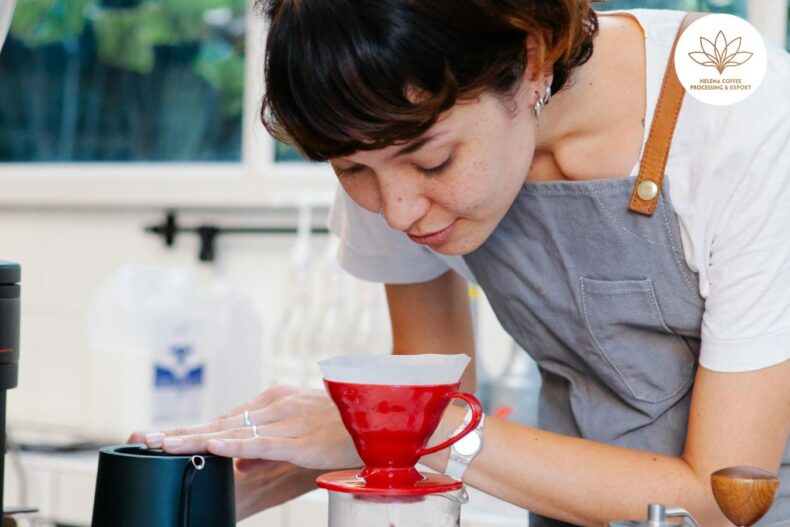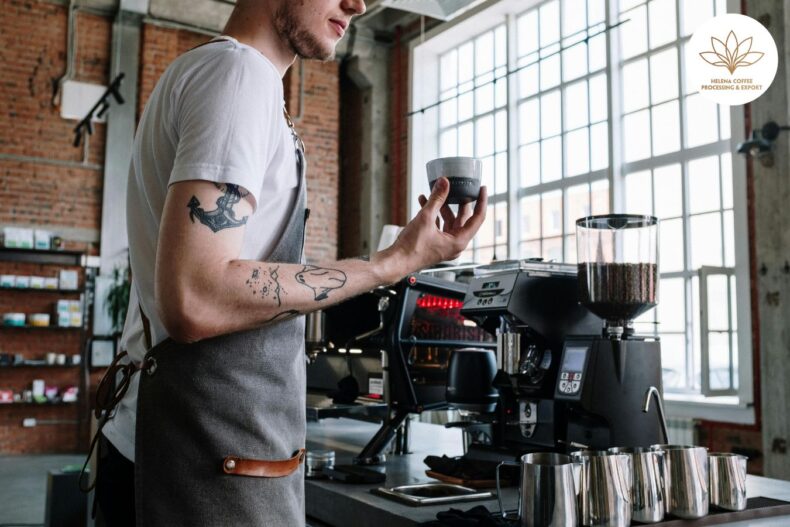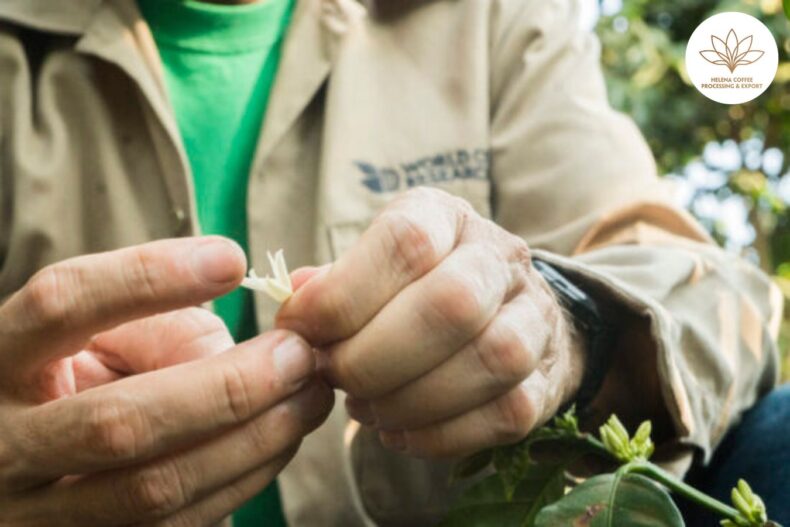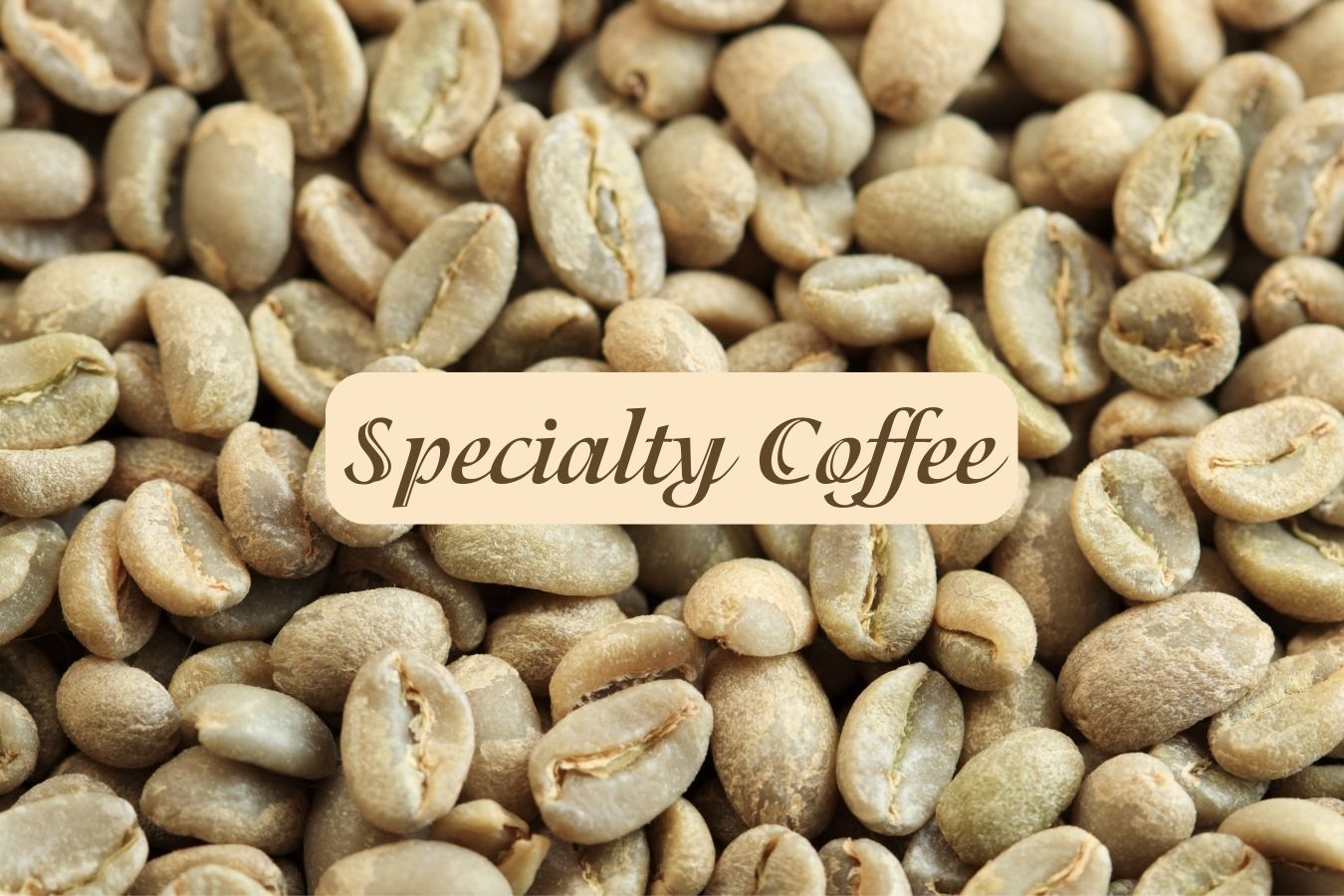
Specialty Coffee — This has been around for almost four decades and refers to various elements throughout the coffee supply chain, not just a specific sort of high-quality coffee. The Specialty Coffee industry has ushered in a revolution in specialty coffee since its inception in the 1970s, with the goal of “reviving the intrinsic quality” of coffee and laying the groundwork for two waves. It has a significant global impact.
SCA makes a critical remark about the definition and value of specialty coffee in this statement. However, to better understand this concept, we’ll list the requirements for becoming a Specialty:
To become Specialty, the following conditions must be met: 1. They originate from a possible farm with a good seed source; 2. Collection, processing, and preservation using the proper way; 3. Standard extraction (dispensing) process.
Eligibility: Have an SCA Cupping score of 80 or higher (i.e., a taste quality assessment score).
Research sustainability coffee: The Specialty Coffee Association’s Sustainability Center demonstrates our dedication to improving coffee for everyone involved in the value chain. We promote the coffee industry’s long-term viability by forming collaborative relationships that value equity, mutual benefit, and positive outcomes.
Through our research, education, events, and awards, we strive to improve industry understanding of crucial social, environmental, and economic concerns.
Those who took part in the creation of the Specialty Coffee definition
Mr. Don Holly commented on the difficulty of categorizing specialty in the 1998 Specialty Coffee Chronicle:
“In a speech to delegates of an international conference in Montreuil, France, in 1978, Erna Knutsen explained the origin of the phrase specialty. In essence, the premise was straightforward at the time: diverse geographical climates generate beans with distinct flavor qualities, which are referred to as “Specialty Coffee beverages.”
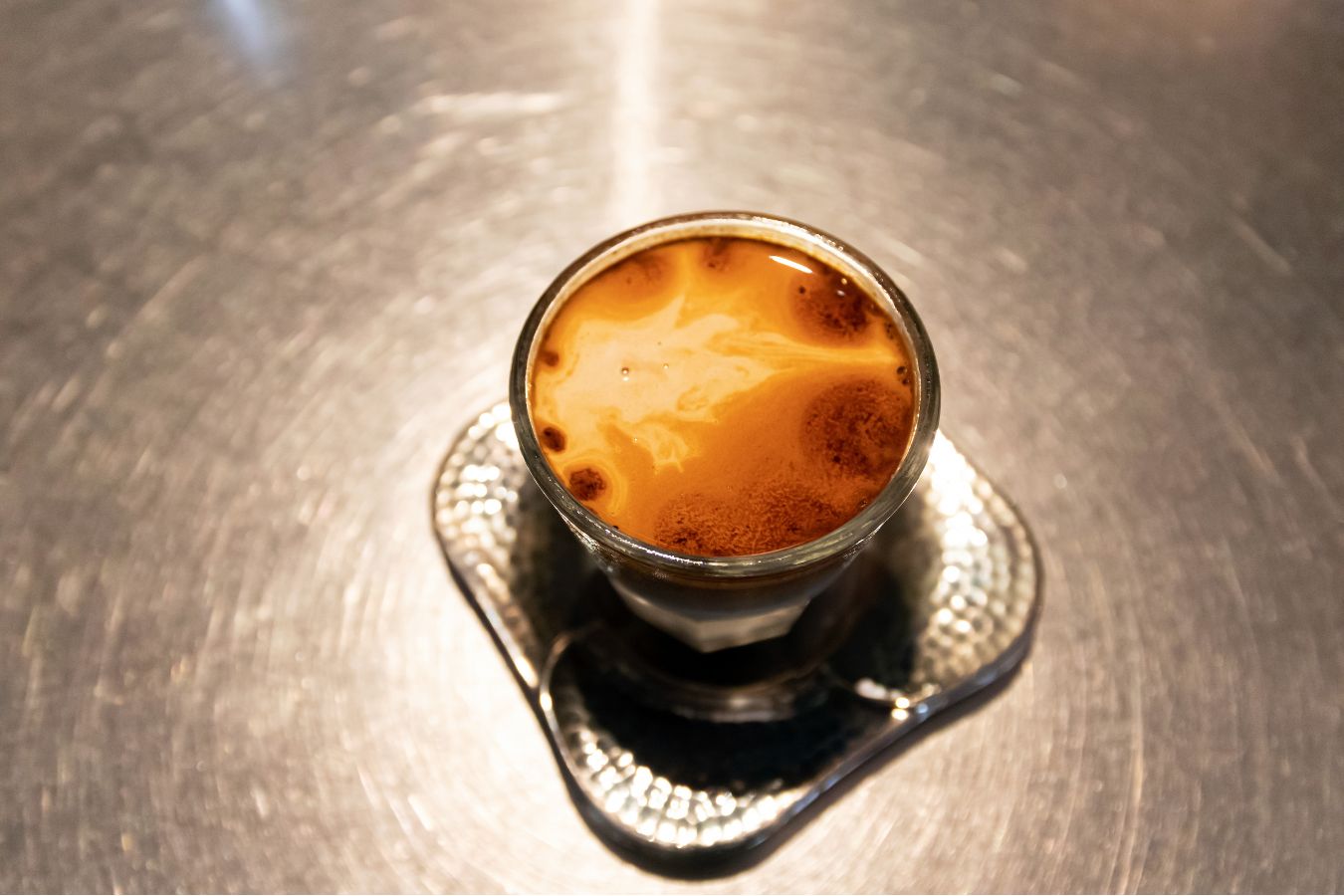
At that time, the idea of Specialty standards arose, such as “It must always be of good origin, freshly roasted, and correctly prepared.”
The Specialty Coffee Association created it
Under the supervision of Mr.Ric Rhinehart, SCA has continued to develop and build on these core ideals (executive director of SCAA). As a result, Specialty Coffee has evolved into a more complete and particular concept system, encompassing more than just coffee preparation and processing.
From SCA’s What is it, the following two antecedents are summarized:
- First, Specialty Coffee discusses the importance of the coffee supply chain’s linkages (after the farmer). Is it their job to maintain the coffee’s intrinsic quality, or is it their goal to enhance or improve it? As a result, roasters are responsible for ensuring the quality of coffee supplied by the farm, miller, and exporter and transforming the quality potential into roasted beans. Similarly, the barista is responsible for preserving and “presenting” all of the coffee’s quality characteristics after roasting.
- Second, Specialty Coffee must be evaluated in terms of its long-term viability. When coffee provides a delicious drink, farmers’ livelihoods are enhanced, and the environment is protected. So, even if it is of excellent quality, it cannot be considered a specialty if it is produced at the expense of human dignity, benefit, or happiness, as well as the environment. This is the most difficult because it requires time and effort to comprehend and measure everything that makes a cup of coffee so great.
Specialty Coffee’s Journey
We can compare coffee to wine (but only for a short time) because both are highly sensual. However, we can see in the wine production model that one individual (or group) can be in charge of all stages of production, including growing, tending, harvesting, processing, fermenting, and bottling. After all, all that is required of a glass of wine is uncorked and correctly poured into the glass.
It is customers’ hands, on the other hand, is the outcome of a complicated network of growers – millers (processors) – roasters – retailers. The entire supply chain is separated by time and place, and it is also dependent on the hands of roasters and bartenders.
To qualify as Specialty Coffee, we must study the role played by each individual (business) and develop a definition of competence at each stage of the supply chain outlined above.
Three factors define specialty coffee
Although rambling, Specialty Coffee beans is more than a concept or a measurement standard. Therefore half of the text has been devoted to just explaining it. Essential preconditions Mr.Ric Rhinehart described the qualifications for Specialty at each level of production.
If you want to be a Barista, a cafe Buyer, or a Roaster, you’ll need to take more detailed and thorough classes. CQI Arabica Graders are the most common evaluators of coffee quality since they are taught to identify coffees of low quality (defects detection) and Cupping. (taste) to evaluate the most delicious beans.
Beginning with the potential farm (Potential)
It is a concept that begins at the ground level. All quality parameters originate on the farm where the It trees were initially grown. What is the reason for this? Because a good coffee line requires good soil, a suitable climate, good coffee varietals, and regular growing and harvesting techniques, among other things.
As can be seen, producing specialty coffee requires both an investment and a meticulous monitoring process. Furthermore, many countries worldwide are “fortunate” to have the perfect soil for growing high-quality.
One of the essential requirements is the preservation
A chain of internal and external risks emerges from the harvest time, all of which hurt the taste. At this step, the coffee cherries go through numerous processing phases. Time is the most significant factor: the longer the period between harvest and processing, the more probable the flavor quality would deteriorate.
From peeling to fermentation to drying, every step of the process must be done to avoid damage. The fermentation process, in particular, must be closely monitored in terms of time and temperature. Allowing it to dry too quickly or too slowly, drying unevenly, or allowing it to re-wet…
All of these actions can damage rather than improve the quality of the coffee. Before passing through the final stages of raw processing and shipping, the coffee must rest (stable storage).
At this time, the biggest impediments to coffee quality are environmental conditions such as humidity, temperature, and storage materials. Small mistakes in grading, husking, packaging selection, or storage requirements before export can lower the quality of an entire batch of coffee.
Last but not least, there is exploitation (Revelation)
It is in the process of transitioning from raw to roasted once more. The third crucial notion – extraction – must be addressed here. Roasters must identify the coffee’s potential, generate the appropriate flavor, and package it effectively. An untrained roaster, inferior equipment, or improper packing might ruin a coffee.
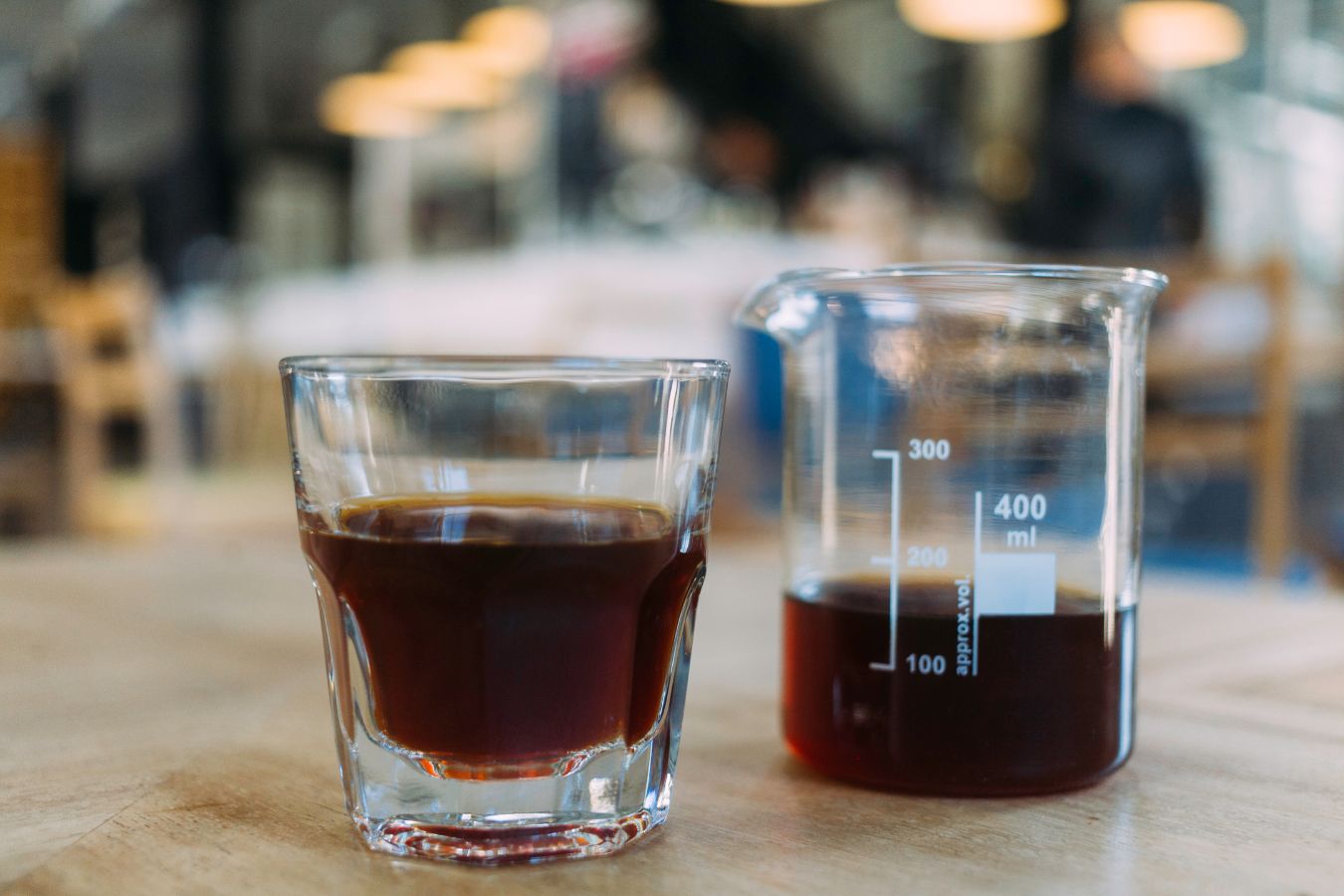
The coffee must be ground after roasting and before brewing. Because a lot of the aroma will be released when the beans break and the amount of surface area exposed to the air will cause the coffee to lose its intensity, grinding should be done only before each brew.
It’s time for something new. The fineness of the ground coffee beans is equally crucial, and it relies entirely on the brewing method you choose. Grinding too finely can result in over-extraction while grinding too coarsely will not disclose the grain’s full taste potential.
Finally, the extraction has been meticulously planned from the berry to the finished cup. To completely utilize the potential flavor in each Specialty, you must use the exact requirements of water quality, temperature, and water ratio… regardless of brewing technique.
Specialty coffee beverage
Many of us are looking forward to cuddling up with a nice blanket and a delicious hot cup of coffee as the winter season approaches. And the best part is that you don’t have to be an expert barista to make some delectable winter-inspired specialty coffee beverages.
Specialty coffee expo
A specialty coffee expo is held in Boston Boston from 8 to 10 April 2022 showing the company’s news of the United States and internationals related to the sectors Coffee, Drinks, and Food.
Awards world coffee is the only international roasting competition in Australia, in 2020 receiving more than 800 entries from over 180 exhibitors from around the world.
